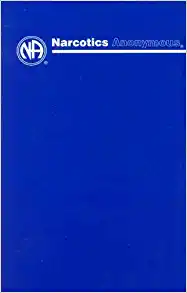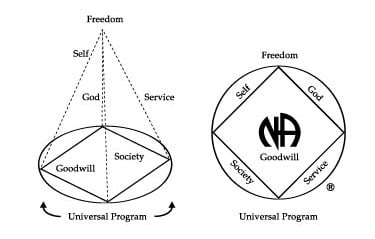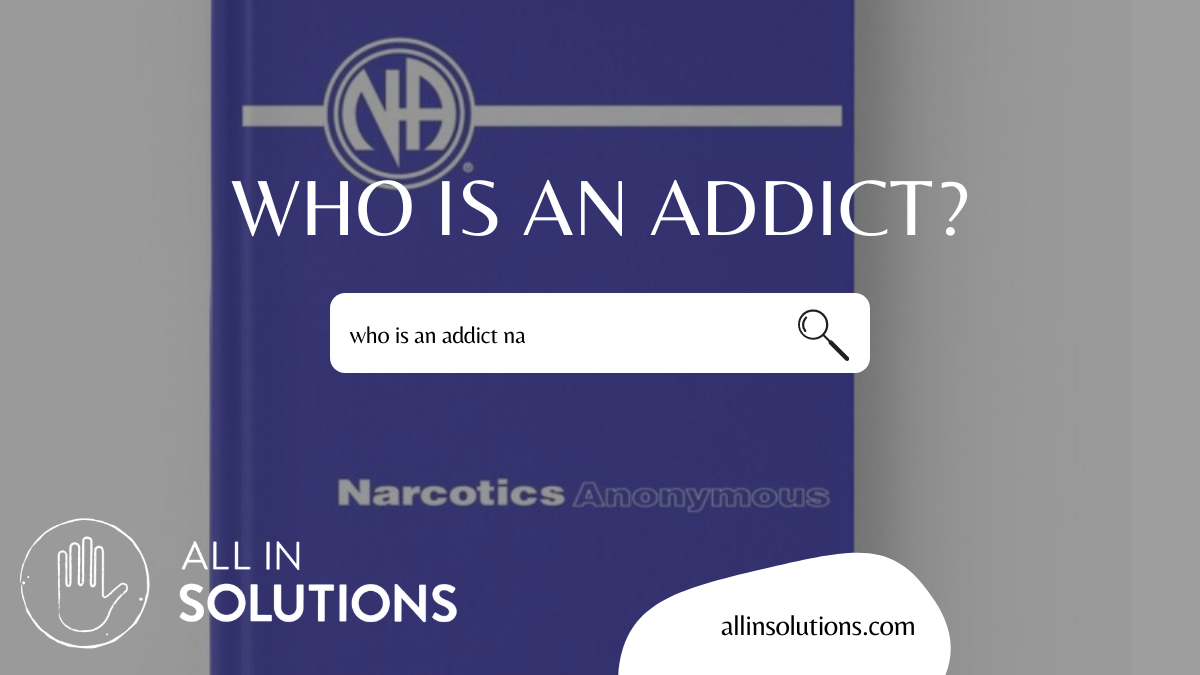What You Should Know About Narcotics Anonymous Meetings
If you are battling drug addiction, you may have heard of Narcotics Anonymous Meetings. These meetings are gatherings of recovering addicts who share the same common goal, recovery from their addiction. These meetings are non-religious and open to anyone who would like to listen. Here are some things to know about Narcotics Anonymous. Let's explore what it is, and why you should attend one. We will also explore what you can expect from a meeting.

Narcotics Anonymous is a 12-step recovery program for drug addiction
Based on the 12-step program developed by Alcoholics Anonymous, Narcotics Anonymous is a peer-to-peer support group for people suffering from addiction to alcohol and drugs. The fellowship is multicultural, non-professional, and apolitical, and offers meetings in over 100 countries. The 12-step program is based on the concept of self-managed recovery, which emphasizes the importance of anonymity.
In a 12-step recovery program for drug addicts, patients must identify triggers, or situations that can trigger relapse. These triggers can include either external cues or internal experiences that make someone more likely to relapse. The goal of these triggers is to identify when to use drugs or alcohol and to prevent it from reoccurring. The 12-step recovery program teaches the importance of maintaining a supportive environment, allowing for a person to develop the self-esteem needed to overcome their addiction.
The first step in Narcotics Anonymous involves admitting an addiction is present. To help those who may be questioning whether or not they are addicted to drugs/alcohol, the first chapter in the Narcotics Anonymous "Basic Text" is title "Who Is an Addict". You can read "Who is an Addict" here.
It is non-religious
Although Narcotics Anonymous is non-religion based, its program is a religious alternative. Its 12 Steps teach that everyone has a higher power, but it doesn't require any particular deity. Instead, the group encourages members to develop their own personal spirituality and apply the principles to everyday life. Atheists, for example, may be discouraged by the religious aspect of the program, but they can find other ways to benefit from the fellowship.
Narcotics Anonymous is a nonprofit, community-based organization that promotes recovery through the Twelve Steps. Meetings focus on a 12-step process, and members work individually with others in recovery. Members work on their own goals and problems in recovery, and are encouraged to discuss their experiences at meetings. Meetings are open to anyone who is interested in stopping using drugs. While they don't claim to be religious, they welcome cooperation from other groups and organizations.
It is self-supporting
In addition to meeting in public or religious buildings, Narcotics Anonymous also holds meetings in local areas. In some countries, regional committees administer services to members within a large geographic area, while local area committees handle local matters. In a sense, NA Meetings are self-supporting. However, there are a few aspects that make it different from other recovery programs. Let's take a closer look.
The AA-established Twelve Steps are a foundation for the treatment provided by Narcotics Anonymous, although it substitutes alcohol terminology for addiction. The group places great emphasis on community. In fact, each member of the organization belongs to a group of other recovering addicts. The group's members help each other heal and provide a welcoming atmosphere for newcomers. This helps newcomers feel comfortable enough to talk about their struggles and to find the support they need to overcome the obstacles they face.

It is open to those who may want to listen
Narcotics Anonymous is a worldwide nonprofit organization that uses the 12-Step program to help addicts overcome addiction. The program is based on peer support and is organized locally into self-governing groups. The Twelve Steps and Traditions are based on those of Alcoholics Anonymous. Narcotics Anonymous has a secretariat and delegate assembly, which is headquartered in Los Angeles.
The meetings follow a speaker format, which allows for a specific individual to speak, and an open discussion where anyone can share their stories and experiences. Both formats are open to non-addicts, but attendees are expected to be aware that the meetings aren't group therapy sessions. Anyone thinking they may be addicted to drugs or alcohol can attend NA meetings and listen to their fellow members. If a meeting isn't comfortable for you, just find a different meeting until you find the one that suits your needs.
Those who suffer from addiction are usually aware that they have made mistakes. They may have hurt themselves or others. But the meetings are nonjudgmental and welcome anyone who may want to listen. While members of NA can speak freely about their experiences, they don't judge each other. They also make sure that they're not judgmental or demeaning toward other members of the program.

